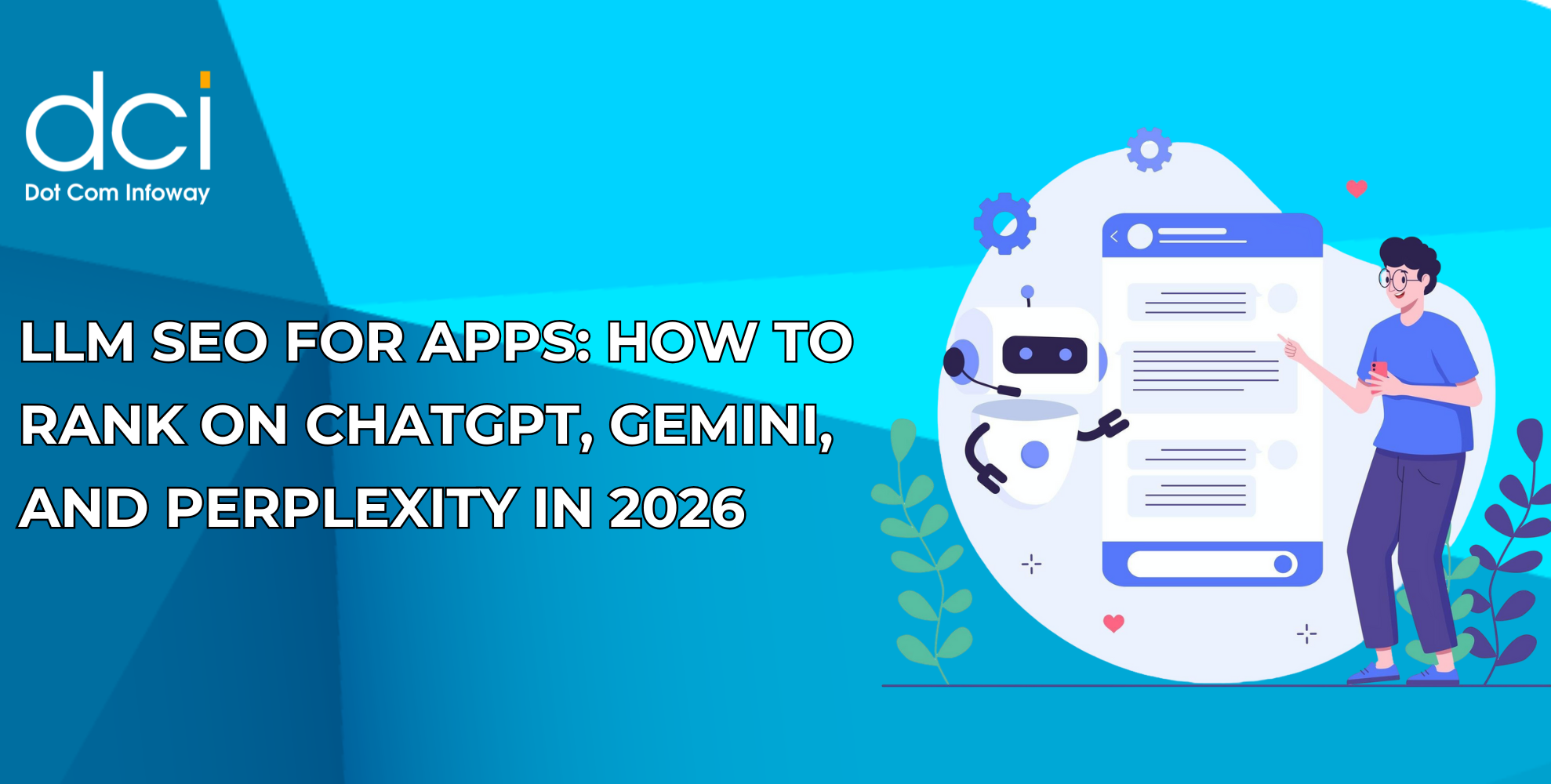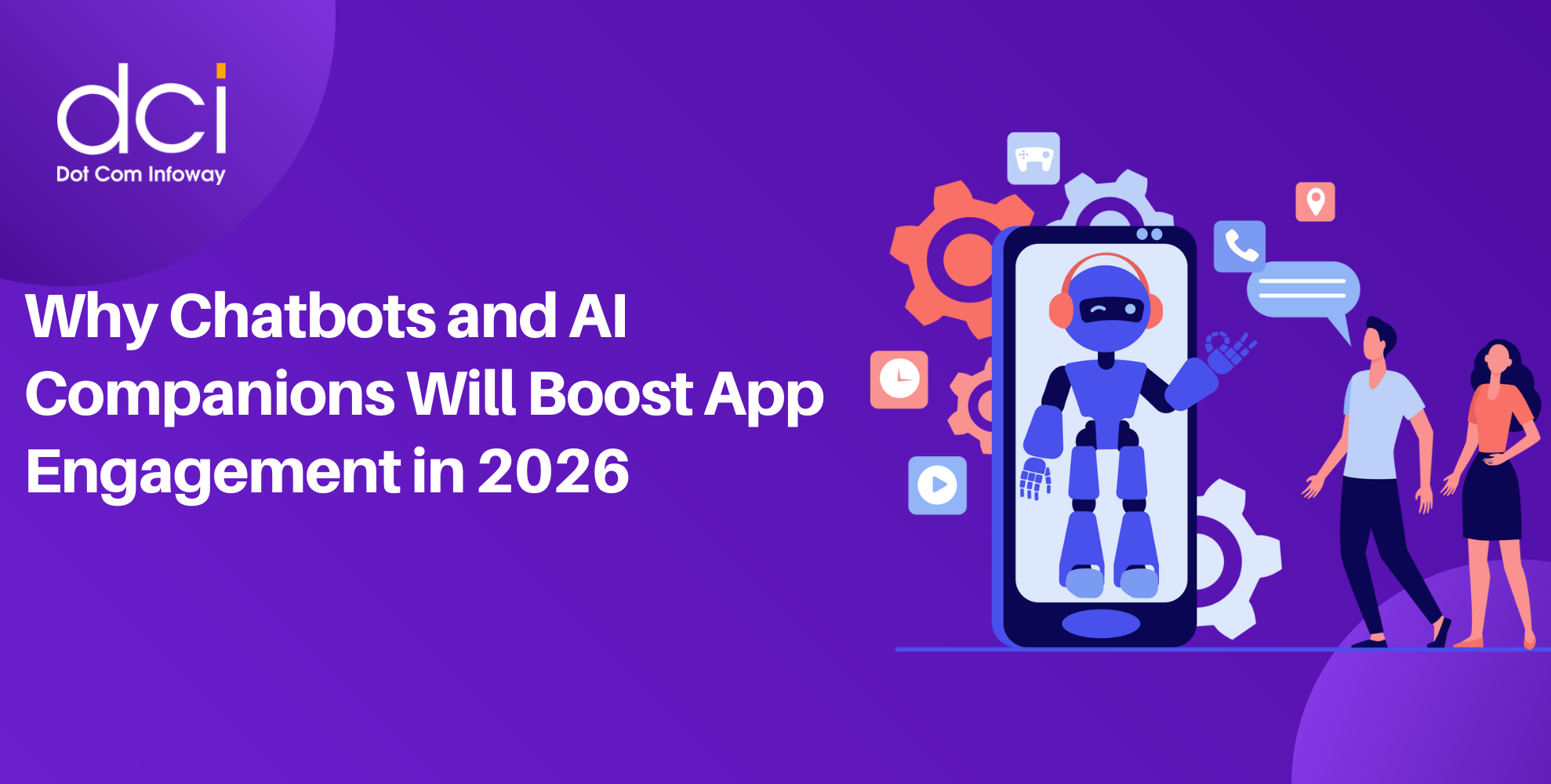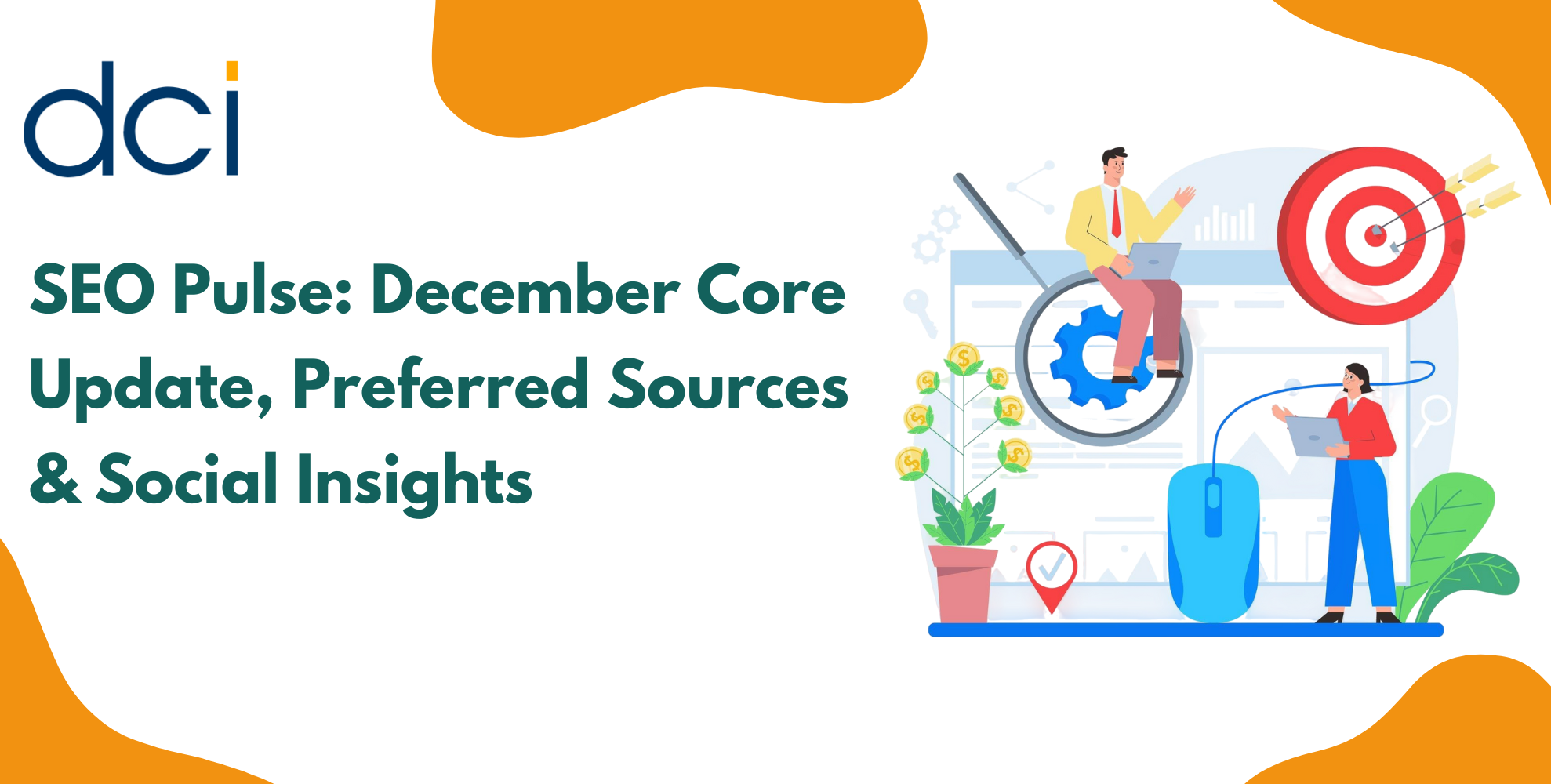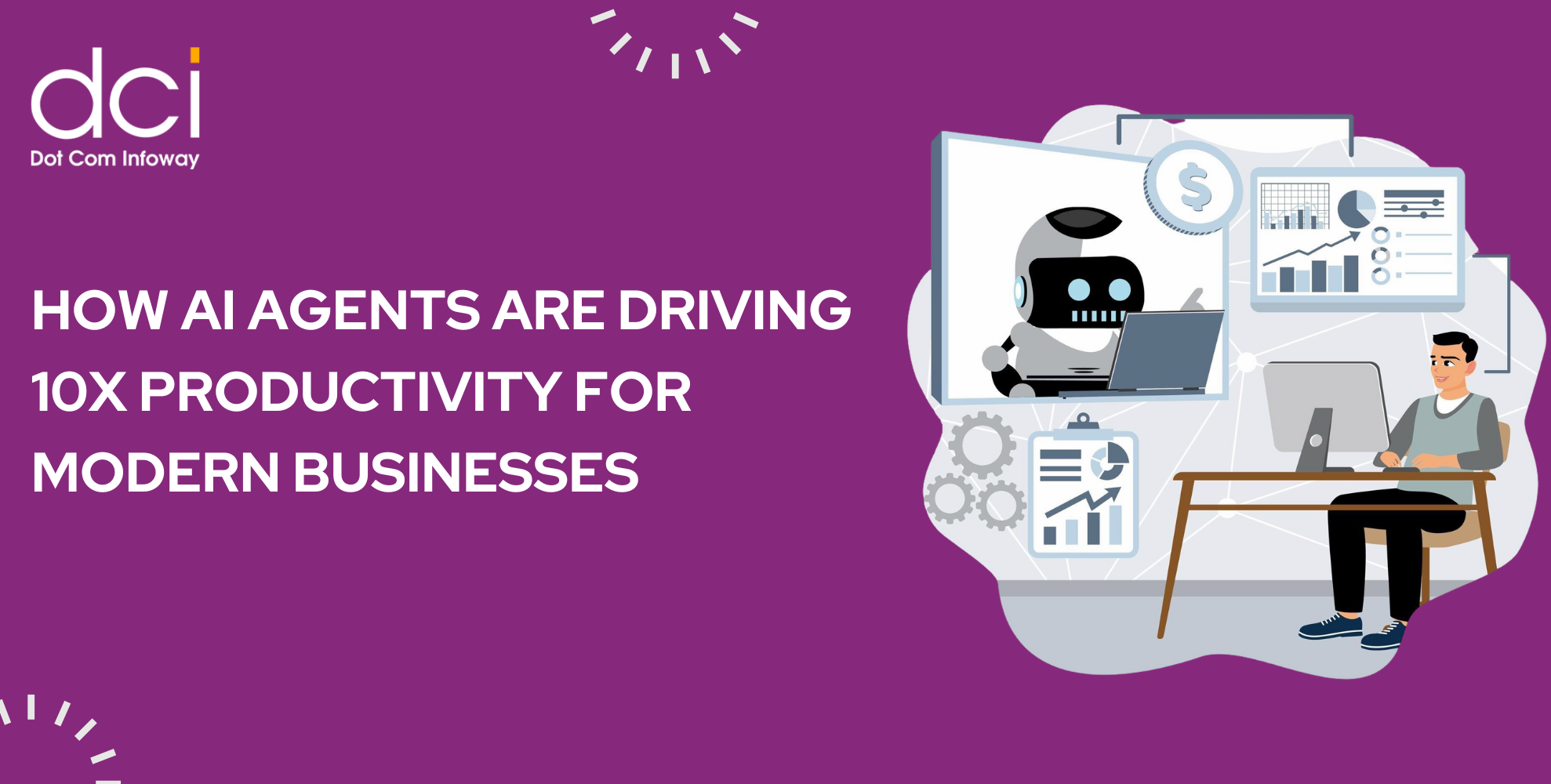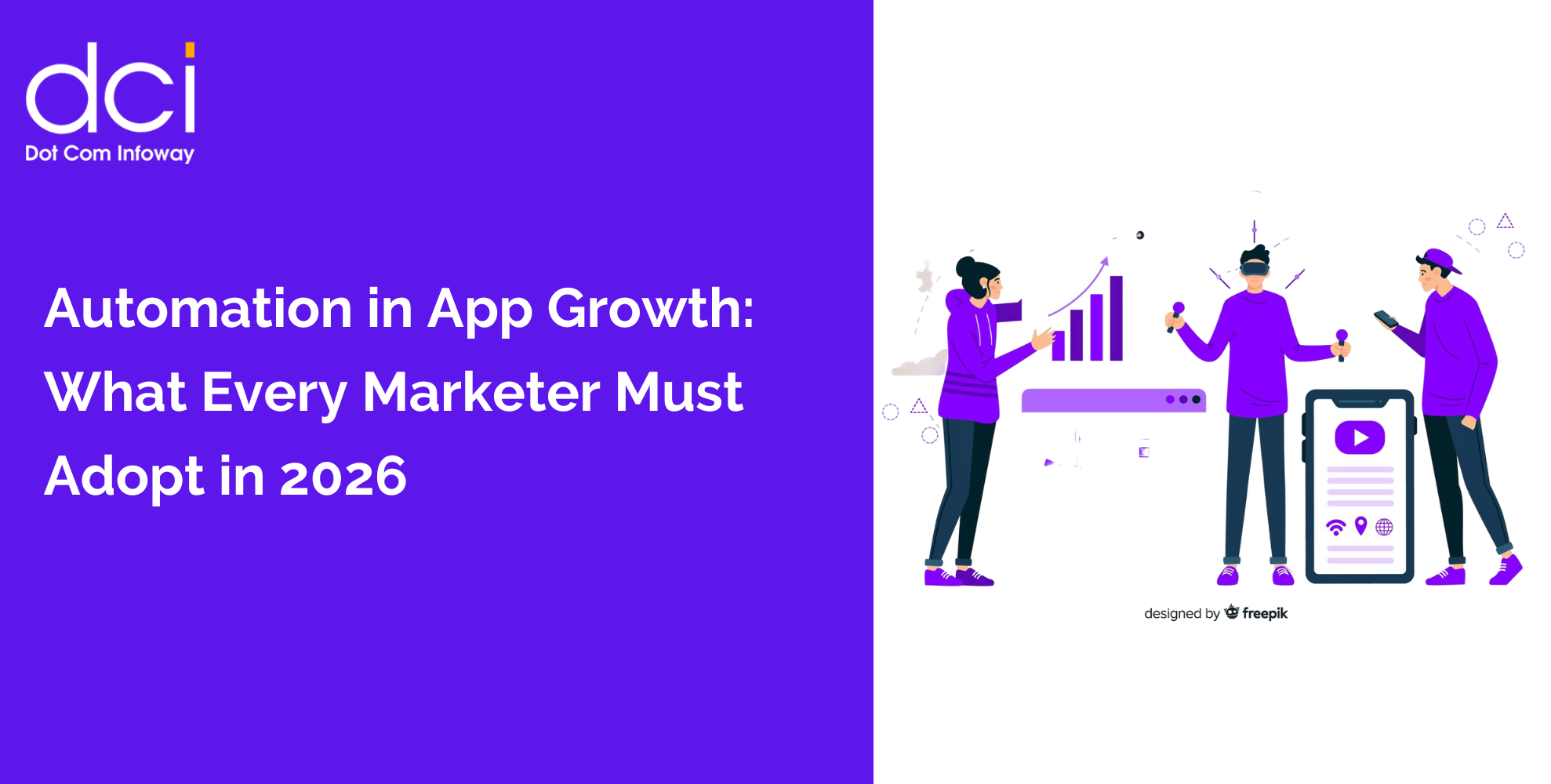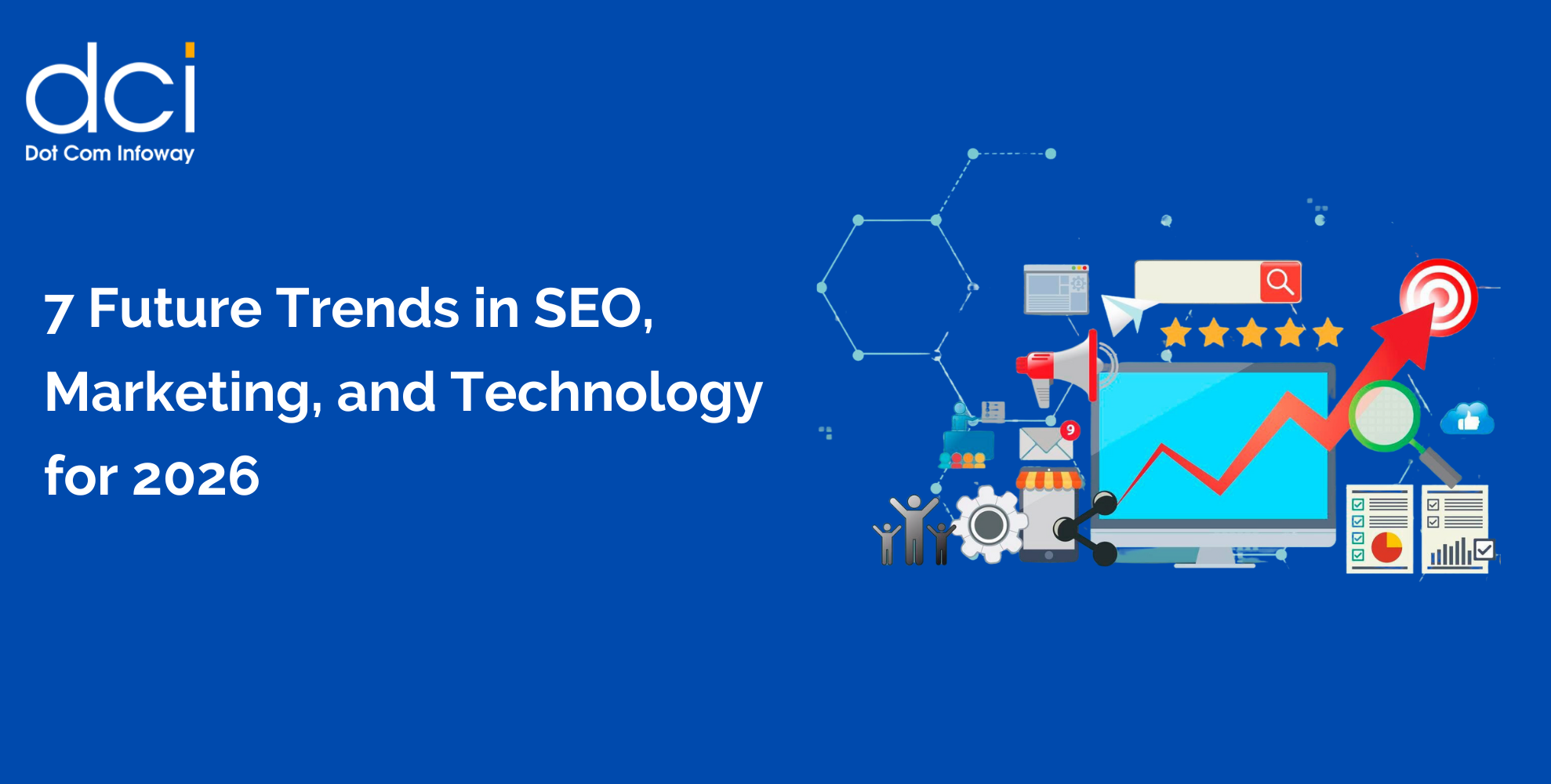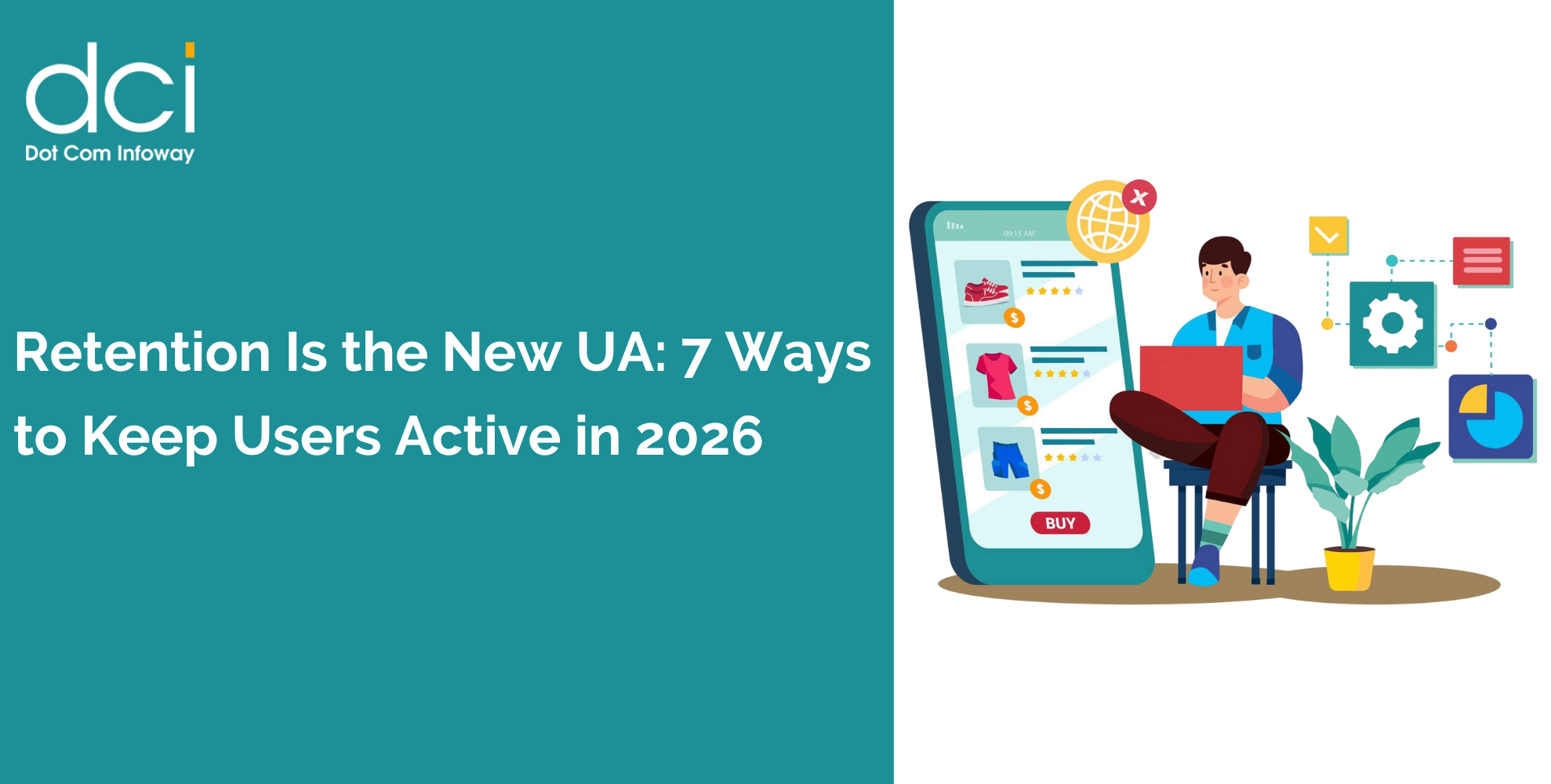The Current AI Powerhouse Landscape
The three leading AI models have carved out distinct territories in the business world. ChatGPT continues dominating conversational AI and content creation, while Claude has emerged as the enterprise reasoning champion, and Gemini leverages Google’s ecosystem for seamless integration.
“The choice between these AI models often determines the success of entire digital transformation initiatives,” notes Sarah Chen, AI Strategy Director at Forrester Research.
Recent benchmarking studies reveal fascinating performance gaps. ChatGPT scored 88 out of 110 across 11 testing categories, while Claude achieved 84 out of 110, and Gemini reached 78 out of 110, according to comprehensive analysis by Search Engine Journal.
ChatGPT: The Content Creation and Marketing Powerhouse
OpenAI’s flagship model has become synonymous with generative engine optimization and content marketing automation. For businesses focused on LLM search engine optimization, ChatGPT’s writing capabilities remain unmatched.
The platform excels in several key areas:
Advanced Content Generation: ChatGPT’s natural language processing creates compelling blog posts, social media content, and marketing copy that consistently ranks well in search engines. Its ability to understand context and maintain brand voice makes it invaluable for content marketing teams.
Plugin Ecosystem: With over 1,000 plugins, ChatGPT integrates seamlessly with business tools like Zapier, Canva, and HubSpot, enabling automated workflows that save hours of manual work.
Custom GPTs for Business: The platform’s Custom GPTs feature allows businesses to create specialized AI assistants trained on company-specific data, scoring 7 out of 10 in recent usability studies.
However, ChatGPT faces limitations in complex analytical tasks and lacks the extended context window that modern enterprises increasingly require for document processing.
Claude: The Enterprise Analysis and Reasoning Leader
Anthropic’s Claude has positioned itself as the go-to solution for businesses requiring sophisticated analytical capabilities. When examining ChatGPT, Gemini, and Claude: Key Differences Explained, Claude’s reasoning abilities stand out significantly.
Superior Context Processing: Claude’s 100,000+ token context window enables processing of lengthy documents, research papers, and complex datasets that would overwhelm other models. This capability proves invaluable for answer engine optimization (AEO) strategies.
Advanced Coding Capabilities: Developer teams consistently rate Claude highest for code generation and debugging, with 87% of surveyed programmers preferring it for complex programming tasks.
“Claude’s analytical depth has revolutionized how we approach data-driven decision making,” explains Marcus Rodriguez, CTO at DataStudios Analytics.
Enhanced Safety Protocols: Claude’s constitutional AI training reduces bias and improves factual accuracy, making it suitable for regulated industries and sensitive business applications.
The platform’s Artifacts feature provides persistent side-panel editing for technical and creative work, though it lacks native image generation capabilities and costs approximately 20x more than Gemini’s premium tier.
Gemini: The Google Ecosystem Integration Champion
Google’s Gemini leverages the search giant’s vast data infrastructure and workspace integration, making it particularly powerful for organizations already embedded in the Google ecosystem.
Massive Context Window: Gemini’s 1 million token context window surpasses both competitors, enabling unprecedented document analysis capabilities crucial for technical SEO chatbot features and comprehensive content audits.
Real-time Data Access: Unlike competitors, Gemini provides access to current information through Google Search integration, making it invaluable for businesses requiring up-to-date market intelligence.
Cost Effectiveness: At roughly £15-20 monthly for premium features, Gemini offers superior value for budget-conscious businesses while maintaining competitive performance across most use cases.
Multimodal Excellence: Gemini’s image generation speed and quality surpass competitors, with seamless integration between text and visual content creation.
Strategic Business Applications in 2026
Understanding ChatGPT, Gemini, and Claude: Key Differences Explained becomes crucial when selecting platforms for specific business functions.
Content Marketing and SEO: ChatGPT remains the preferred choice for scaling content production and implementing generative engine optimization strategies. Its writing quality and SEO optimization capabilities consistently produce content that ranks in top search results.
Enterprise Research and Analysis: Claude’s analytical depth makes it indispensable for businesses requiring complex data interpretation. Companies like BBVA and GitHub have reported 40% improvements in analytical task completion times using Claude for business intelligence.
Google Workspace Organizations: For businesses deeply integrated with Google services, Gemini’s workspace connectivity provides unmatched efficiency. The platform’s ability to blend internal documents with external research creates powerful workflow automation opportunities.

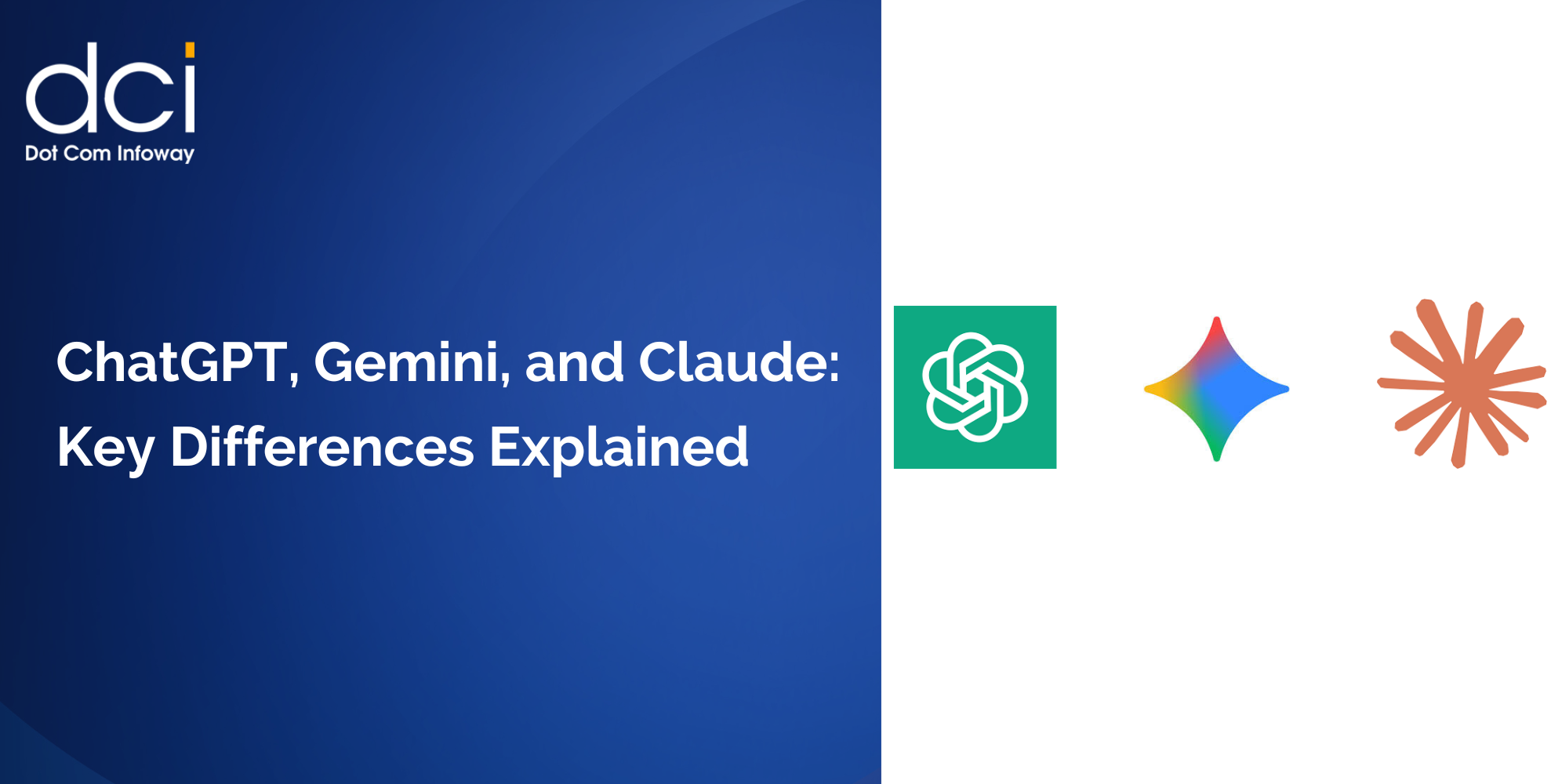





![The Game Marketing Guide: Pre and Post-Launch Strategies [Infographic]](https://www.dotcominfoway.com/wp-content/uploads/2023/09/DCI-Game-Marketing-blog-1.jpg)
